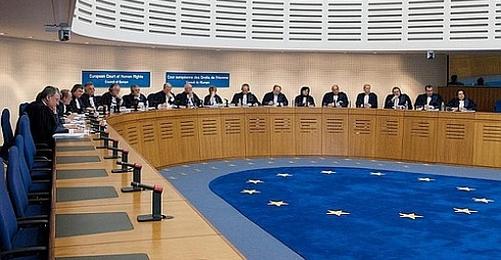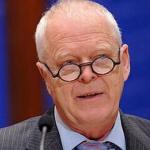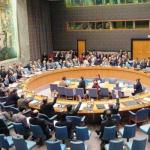EUROPEAN COURT OF HUMAN RIGHTS
Country with the most Convictions: Turkey

The European Court of Human Rights held its annual press conference on Thursday 26 January 2012. On this occasion, Sir Nicolas Bratza, the President of the Court, presented a summary of the Court's activities and its statistics for 2011. He said that the European governments must assume their part of the shared responsibility for the protection of human rights across the continent.
Approximately 151,600 applications were pending before a judicial formation on 1 January 2012. More than half of these applications had been lodged against one of four countries: Russia (26.6 %), Turkey (10.5 %), Italy (9.1 %) and Romania (8.1 %).
In 2011, more than a third of the judgments delivered by the Court concerned four of the Council of Europe's forty-seven member States: Turkey (174), Russia (133), Ukraine (105) and Greece (73). Of the total number of judgments it has delivered in 2011, in over 85% of cases the Court has found at least one violation of the Convention by the respondent State.
The judgements delivered against Turkey were mainly based on applications regarding length of proceeding, right to liberty and security, lack of effective investigation, protection of property, inhuman or degrading treatment, non execution or right to a fair trial.
Criticism by governments should rely on reasoned argument
Court President Sir Nicolas Bratza said at the press conference: "Human rights, the rule of law and justice seem to be slipping down the political agenda in the current economic climate. It is in times like these that we must remember that human rights are not a luxury and that the burden of their protection must be a shared one".
President Bratza explained that the governments' responsibilities included ensuring the proper functioning of the Court. The 30,000 repetitive cases pending before the Court indicated a failure to remedy structural problems in the countries concerned and a collective failure of the implementation process, for which all 47 countries were responsible.
It was also important that its independence and authority should not be undermined and that criticism by governments, even where legitimate, should rely on reasoned argument rather than emotion and exaggeration. (AS/VK)
Source: ECHR
Click here to view the Annual Report 2011 and the facts sheet.







